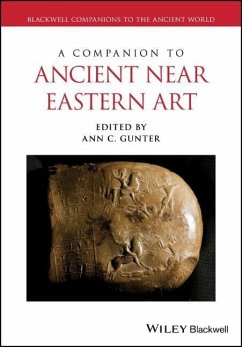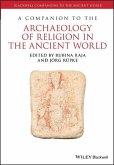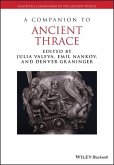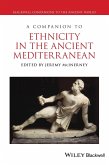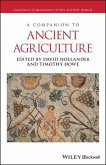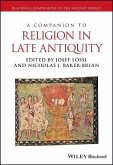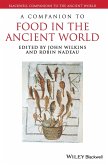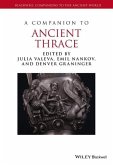Provides a broad view of the history and current state of scholarship on the art of the ancient Near East
This book covers the aesthetic traditions of Mesopotamia, Iran, Anatolia, and the Levant, from Neolithic times to the end of the Achaemenid Persian Empire around 330 BCE. It describes and examines the field from a variety of critical perspectives: across approaches and interpretive frameworks, key explanatory concepts, materials and selected media and formats, and zones of interaction. This important work also addresses both traditional and emerging categories of material, intellectual perspectives, and research priorities. The book covers geography and chronology, context and setting, medium and scale, while acknowledging the diversity of regional and cultural traditions and the uneven survival of evidence.
Part One of the book considers the methodologies and approaches that the field has drawn on and refined. Part Two addresses terms and concepts critical tounderstanding the subjects and formal characteristics of the Near Eastern material record, including the intellectual frameworks within which monuments have been approached and interpreted. Part Three surveys the field's most distinctive and characteristic genres, with special reference to Mesopotamian art and architecture. Part Four considers involvement with artistic traditions across a broader reach, examining connections with Egypt, the Aegean, and the Mediterranean. And finally, Part Five addresses intersections with the closely allied discipline of archaeology and the institutional stewardship of cultural heritage in the modern Middle East.
Told from multiple perspectives, A Companion to Ancient Near Eastern Art is an enlightening, must-have book for advanced undergraduate and graduate students of ancient Near East art and Near East history as well as those interested in history and art history.
Hinweis: Dieser Artikel kann nur an eine deutsche Lieferadresse ausgeliefert werden.
This book covers the aesthetic traditions of Mesopotamia, Iran, Anatolia, and the Levant, from Neolithic times to the end of the Achaemenid Persian Empire around 330 BCE. It describes and examines the field from a variety of critical perspectives: across approaches and interpretive frameworks, key explanatory concepts, materials and selected media and formats, and zones of interaction. This important work also addresses both traditional and emerging categories of material, intellectual perspectives, and research priorities. The book covers geography and chronology, context and setting, medium and scale, while acknowledging the diversity of regional and cultural traditions and the uneven survival of evidence.
Part One of the book considers the methodologies and approaches that the field has drawn on and refined. Part Two addresses terms and concepts critical tounderstanding the subjects and formal characteristics of the Near Eastern material record, including the intellectual frameworks within which monuments have been approached and interpreted. Part Three surveys the field's most distinctive and characteristic genres, with special reference to Mesopotamian art and architecture. Part Four considers involvement with artistic traditions across a broader reach, examining connections with Egypt, the Aegean, and the Mediterranean. And finally, Part Five addresses intersections with the closely allied discipline of archaeology and the institutional stewardship of cultural heritage in the modern Middle East.
Told from multiple perspectives, A Companion to Ancient Near Eastern Art is an enlightening, must-have book for advanced undergraduate and graduate students of ancient Near East art and Near East history as well as those interested in history and art history.
Hinweis: Dieser Artikel kann nur an eine deutsche Lieferadresse ausgeliefert werden.

